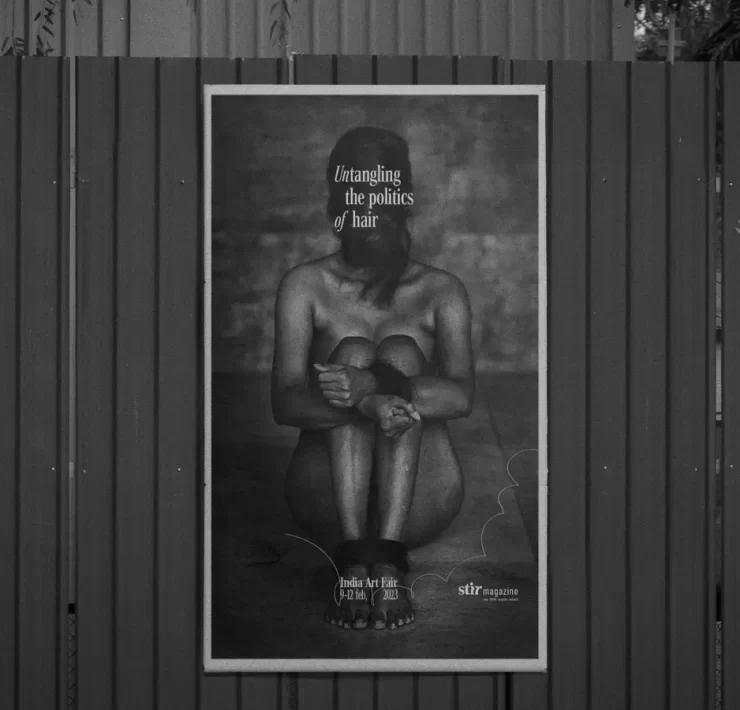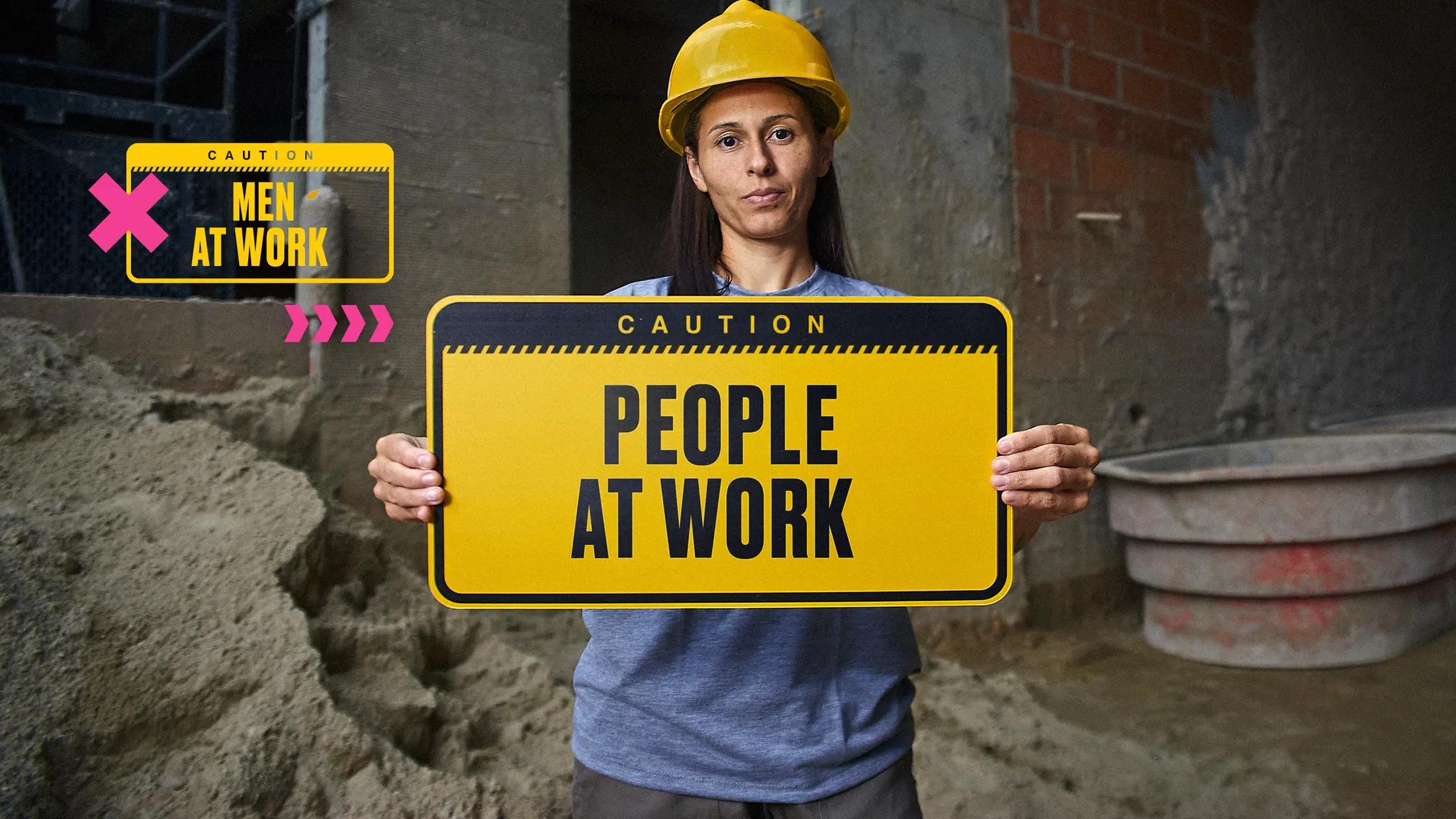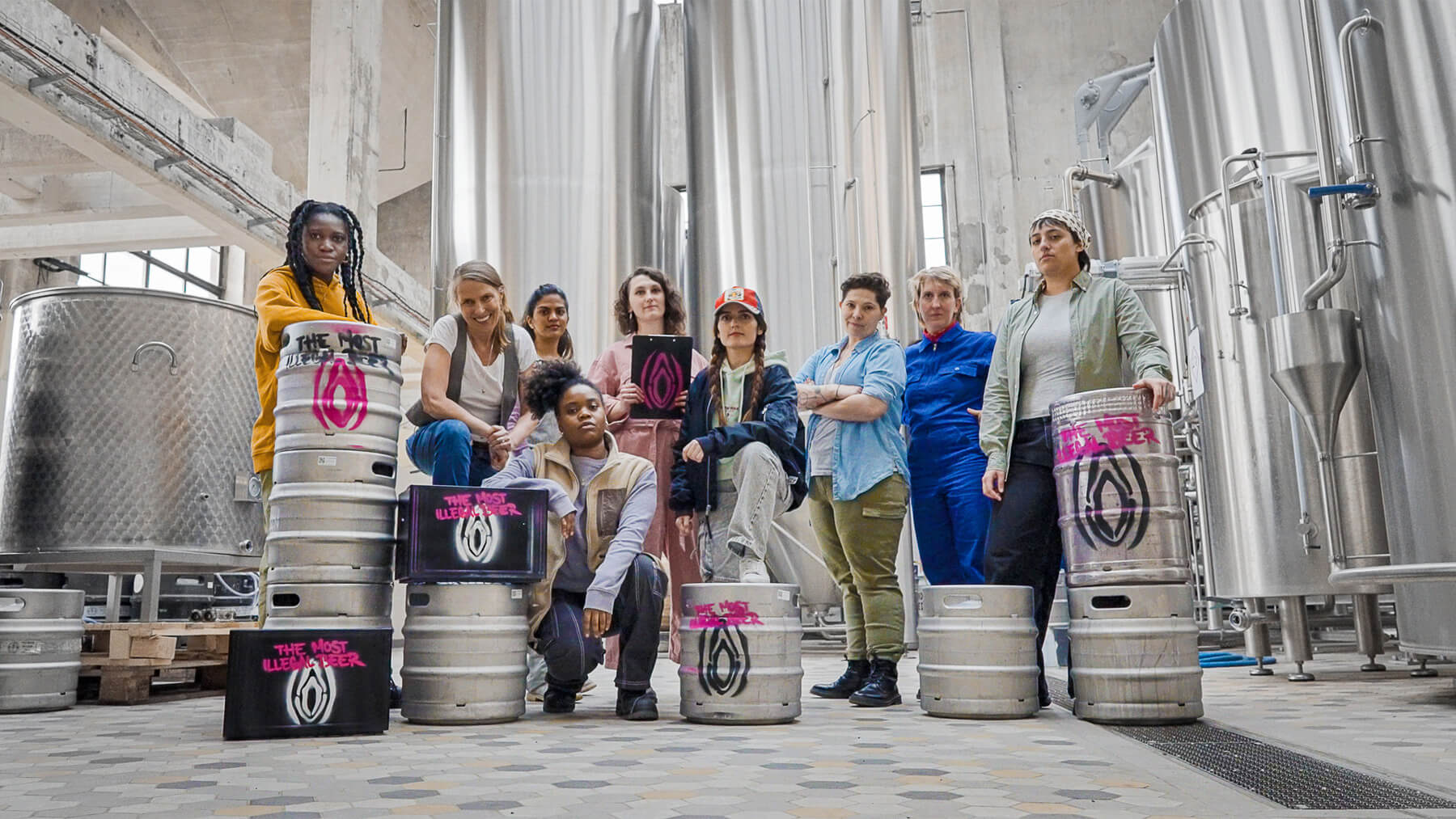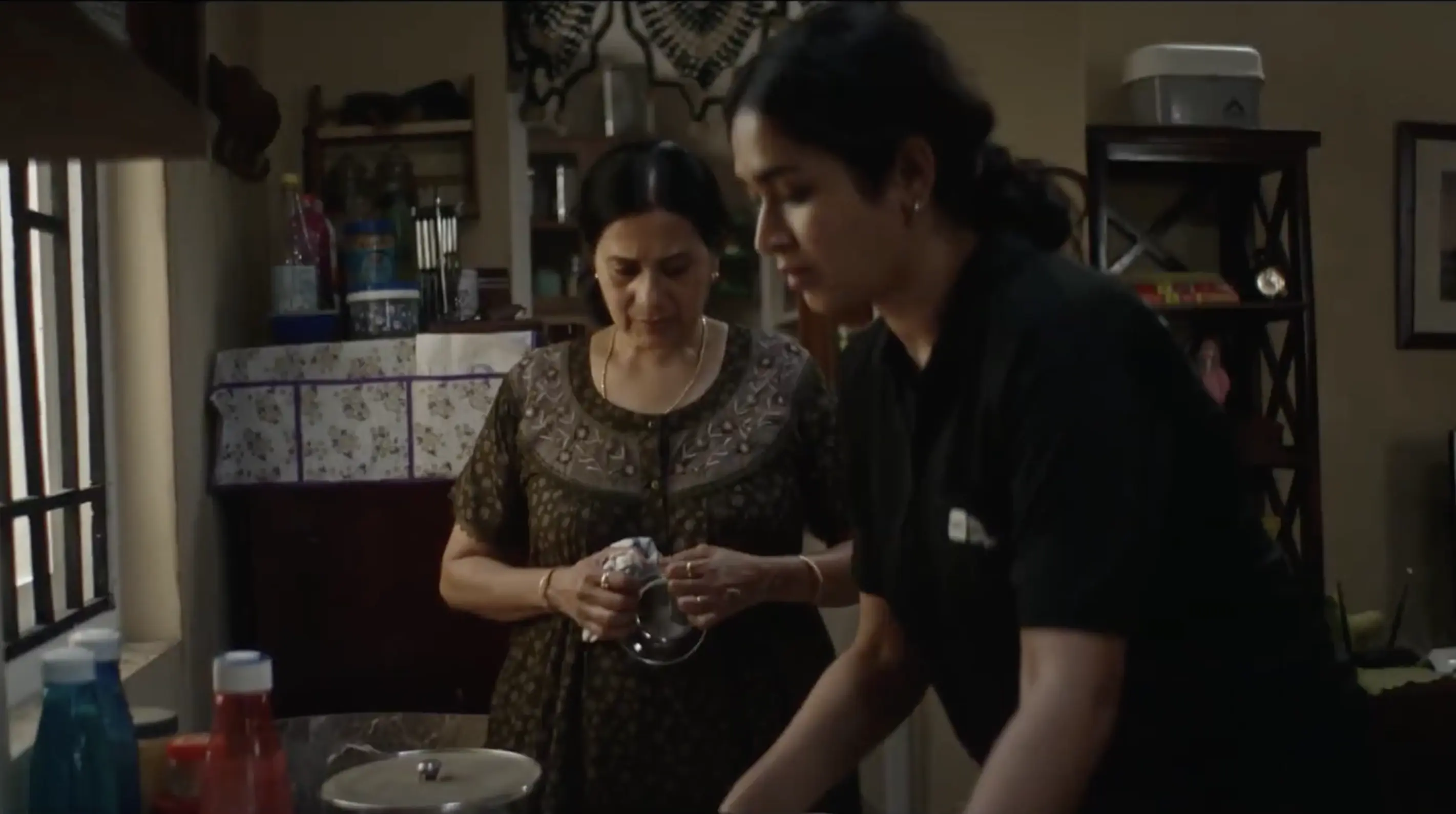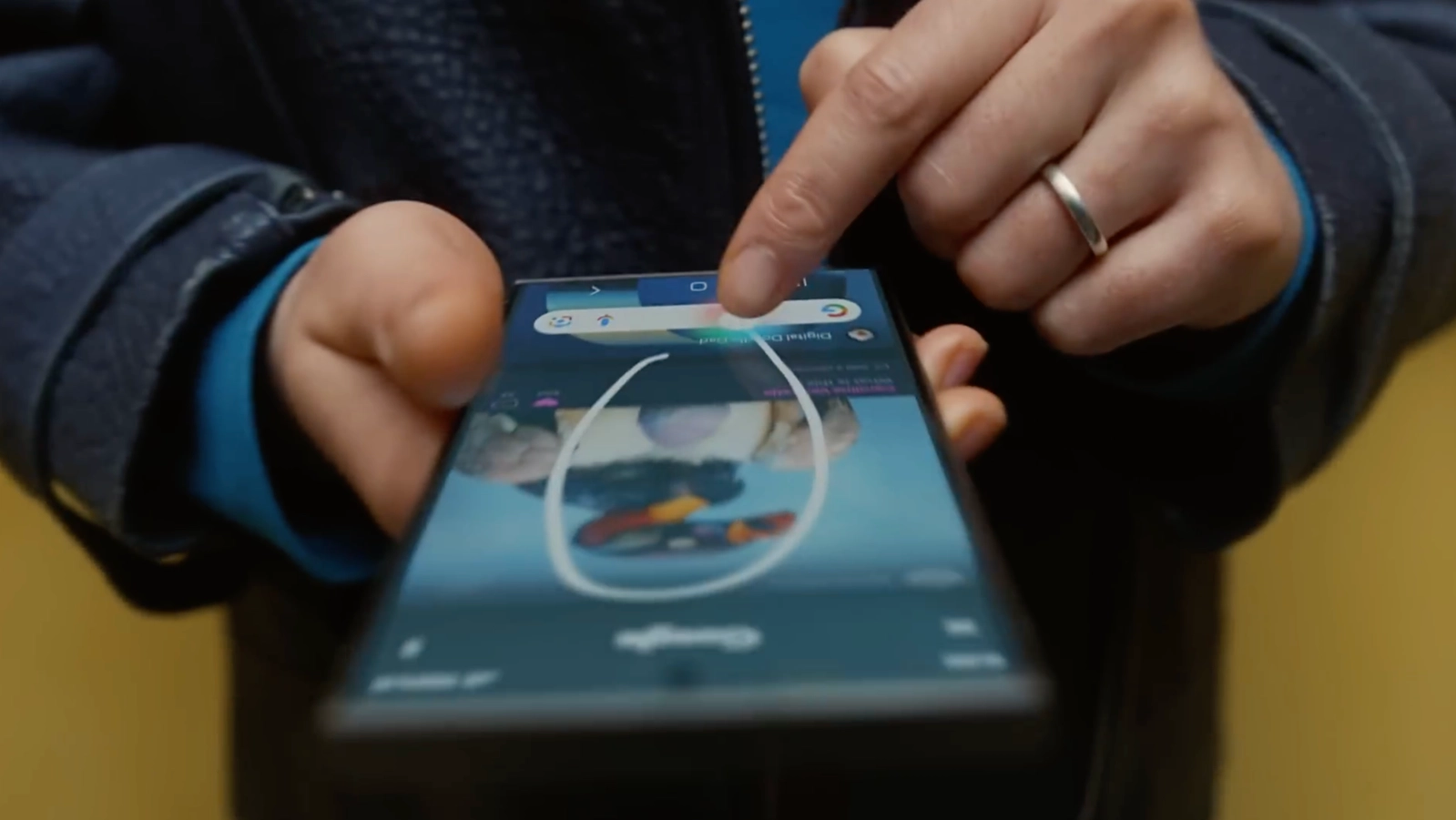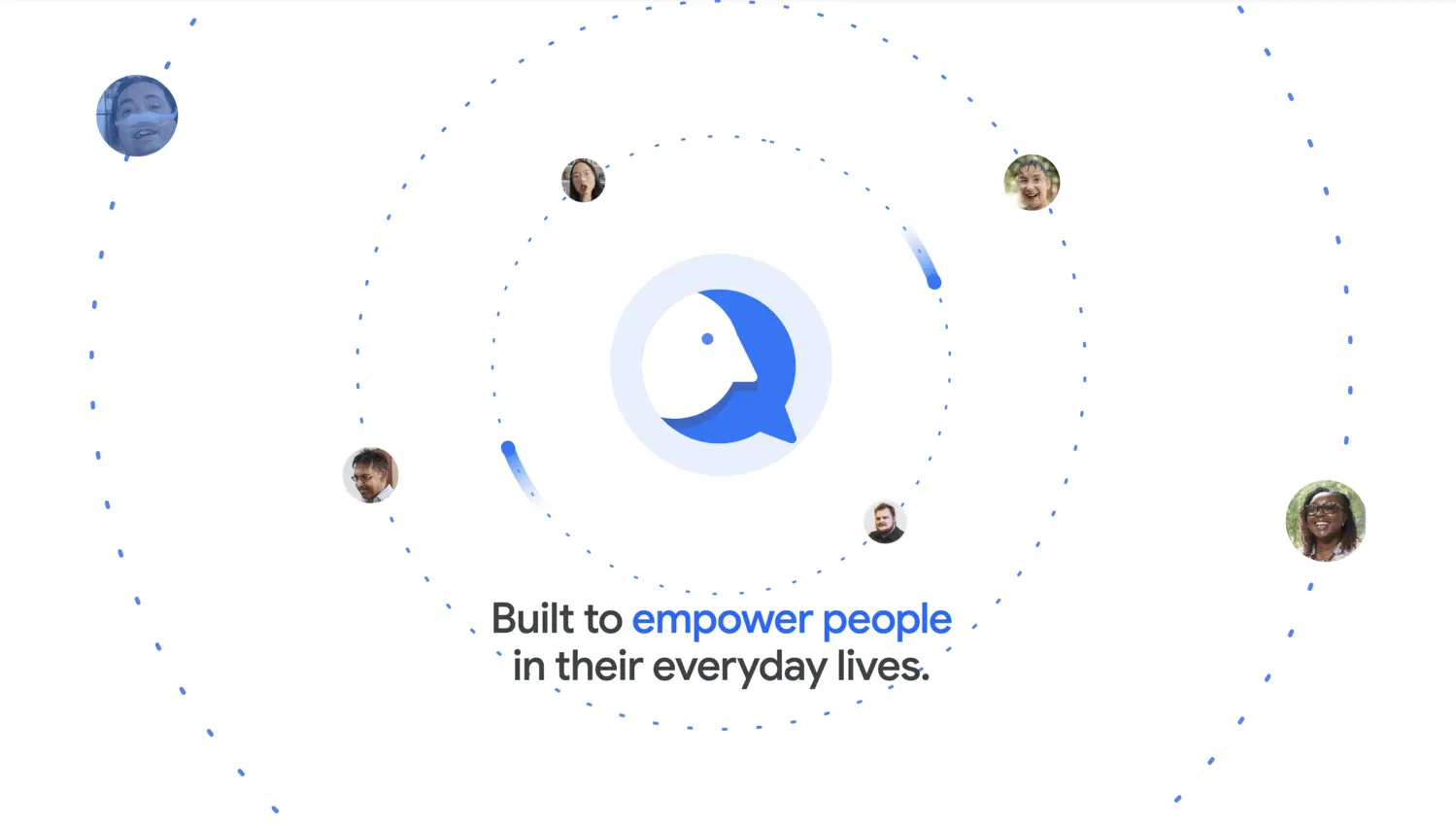UN Women – Courage to Question series in Virtual Reality | Supported by Google
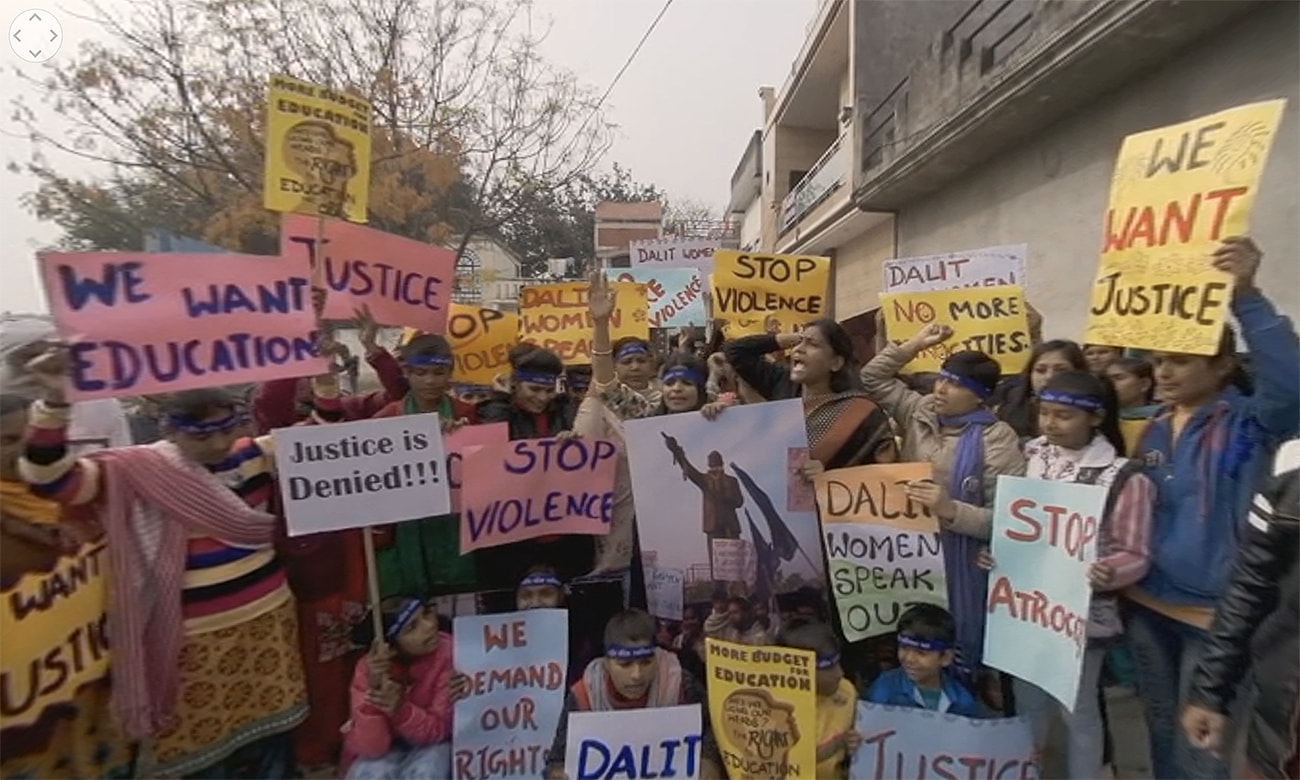
The Courage to Question series brings you face to face with women’s rights activists across the globe as they fight for a world where women and girls can live free from gender based violence.
Courage to Question – Trailer
Chief Kachindamoto
Worldwide, more than 700 million girls alive today were married before their eighteenth birthday (UNICEF). Child marriage has devastating impacts on the realization of the rights of the child, from her right to an adequate education, to her right to sexual and reproductive health. Chief Theresa Kachindamoto has annulled 3,500 child marriages in the central region of Malawi and has helped girls to complete their education, often by subsidizing their schooling. Working with UN Women, the government, civil society and traditional leaders, Chief Kachindamoto contributed to the February 2017 adoption of a constitutional amendment raising the minimum age of marriage from 15 to 18 years. These achievements are against all odds—as the first woman leader in her village and in a village where child marriage is deeply embedded in cultural practice, Chief Kachindamoto’s fight for cultural change has required determination, leadership and persistence.
After meeting a girl who was forced to marry at 13, the Chief knew it was time for change.
Lydia Cacho
Women human rights defender, author and journalist, Lydia Cacho, has dedicated her career to investigating and exposing human trafficking, sexual violence and impunity. Through her shelter, El Centro Integral de Atención a las Mujeres, Cacho provides a safe space for survivors of trafficking, domestic violence and other forms of abuse and exploitation to access health, legal and other support services. Cacho’s work for human dignity and equality has been fraught with challenges—she has been raped, assaulted, harassed, kidnapped and received death threats. Yet, Cacho refuses to be silenced.
Asha Kowtal
At least 250 million people worldwide face discrimination on the basis of caste and systems of inherited status. Dalit women and girls sit at the bottom of the caste, color and gender hierarchies—they are systematically denied opportunities and enjoyment of basic human rights from access to adequate food, education and labor to the denial of their human dignity. As the General Secretary of the All India Dalit Women’s Rights Platform, Asha Kowtal leads the fight against oppression of Dalit women and girls. In the face of resistance, Kowtal continues to give voice to Dalit women and their aspiration for equality.
Alice Marie Johnson
More than 700,000 women and girls are imprisoned globally—a number that has more than doubled since 2000. For many women, the path to prison stems from inequality, including a lack of economic opportunities, and their struggle to escape violence and abuse. Alice Johnson was a non-violent offender who was sentenced to life imprisonment. Throughout her prison sentence, she advocated for criminal justice reform, including for women’s access to ICT education and vocational training. Since she was granted clemency in June 2018, she has continued to raise awareness of the situation of women in prison systems. Johnson’s fight for freedom has helped to raise the voices of incarcerated women around the world.
Credits
Director: Megan Sullivan
Producer : Thea Hardy
Director Photography VR: Jenn Duong
Director Photography Traditional: Eve Cohen
Drone Operator & Sound : Danielle de Leon
Photographer : Jane Hahn
Post Production : Therapy Studios
Editor: Shannon Albrink
Post Producer : Margaret Ward
Production company: Novus Select
UN Women
Vital Voices
Supported by Google
Tags:
UN Women, Google, Alice Marie Johnson, Asha Kowtal, Lydia Cacho, Chief Kachindamoto, Inequality, Violence, Abuse, Gender Equality, Courage to Question, Women’s Rights Activists, Virtual Reality
